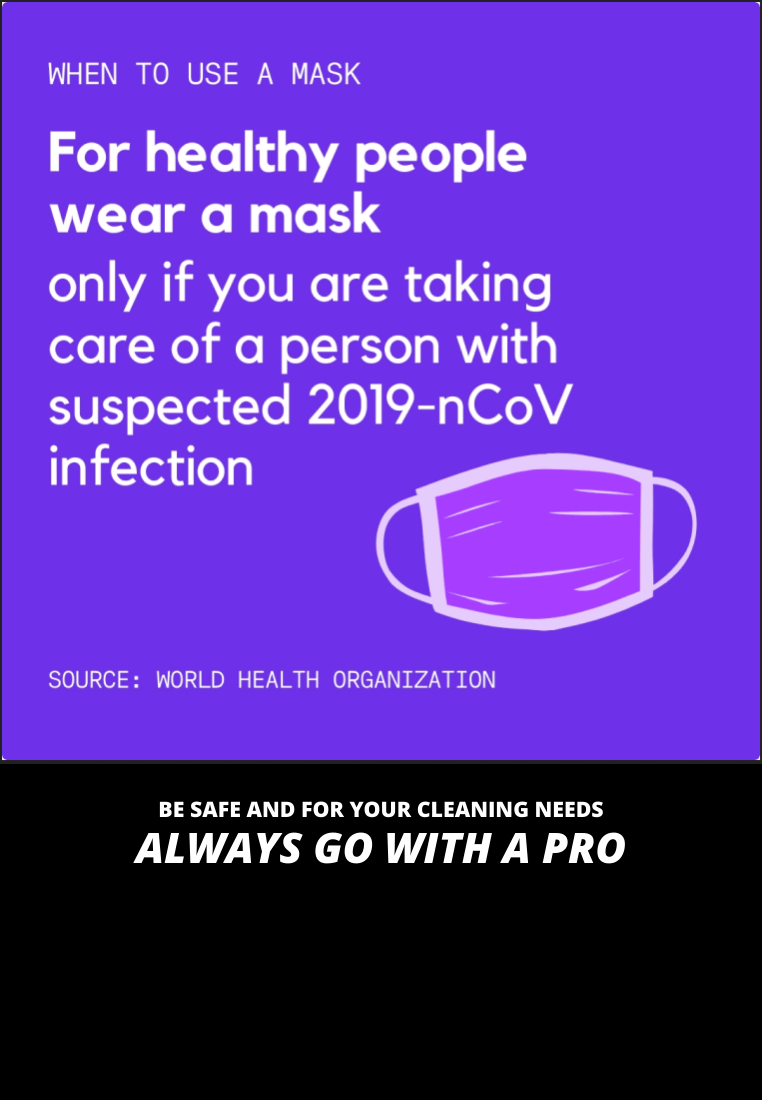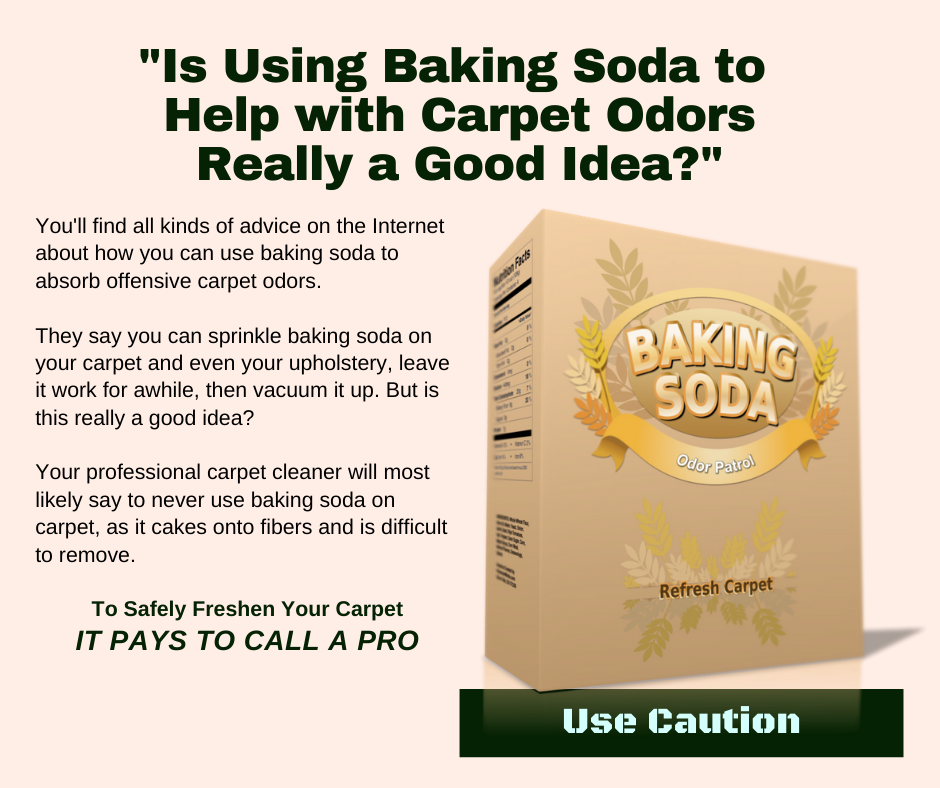|
The Battle Against Refrigerator Odors
It’s no surprise when you notice a nasty odor from your garbage can, especially when it’s full. But it might be a surprise when you get a whiff of a nasty smell emanating from your refrigerator, which should normally be a haven of delicious foods and enticing aromas. Your refrigerator naturally fights off offending odors because of the cold temperature, which limits bacteria growth. Most bacteria growth is pretty slow and not as offensive as others. But depending on the source (meat, milk, proteins are quick to become offensive), the resulting odors can be powerful and require immediate action. Simple and easy A complete cleaning of the fridge with hot detergent and water naturally removes some odors. Get into those crevices where liquids from food might have invaded. You might have to wet those areas with hot water and detergent and let it dwell for several minutes. Many nasty odors can come from small amounts of contaminants. For lingering odors, leaving a container, small cup or bowl, of white vinegar in the fridge will continue to neutralize bad odors. For this to continue to work replenish the vinegar every few days. Eventually, you can stop using the vinegar treatment. Some recommend wiping down all surfaces with vinegar as well. And, of course, there is the proven method of leaving a box of baking soda open in the fridge, which absorbs odors. It does this due to the ability of sodium bicarbonate to attract odor causing molecules and holding onto them. Stirring the baking soda around occasionally or replacing the box is necessary. Tough situations You must also realize is that removing odors from a fridge in use is much different from one that has been sitting unused for a period of time. If odors are severe, such as from an unused refrigerator being put back in action, you might have to resort to ozone generation. You can buy or sometimes rent the equipment. Using them is simple. Put them inside the fridge, keep the door shut as much as possible, and let it run for the recommended period of time for that generator. The odor will most likely be magically gone! Of course, the best thing to do for all your cleaning needs is call your favorite cleaning company. After all, it pays to call a pro! Removing Hard Water Stains
Unsightly hard water stains can affect many surfaces and can be a challenge to remove. Hard water stains are based on the mineral content of the water in a building or home. It all comes from the ground, so if mineral content is high in ground water, then mineral content in the water you use is going to be high. Water softeners will solve this issue, but without a water softener system, you will occasionally deal with hard water stains and the challenges inherent with removing them. Typical spot removers or household cleaners will not affect hard water stains, because they are mineral based. Here are some tips to remove them safely and enjoy a household free of hard water stains. Identify You will see hard water stains on sinks, around faucets, and even on textiles that are affected by a plain water spill. They are usually white but can be colored stains as well. If the stain is significant, you can even feel the texture of the stain. This means a bit more work may be involved removing the stain. Remove If the surface allows it (make sure you don’t scratch a hard surface and damage it) try scraping away the bulk of the hard water stain, if it has built up enough for you to do this. For a cleaning agent, start safe and use plain white vinegar. Apply the vinegar to the surface and allow several minutes dwell time, remembering that vinegar can temporarily adversely affect copper surfaces. Scrub carefully and see if the vinegar is reacting with the hard water stain. This may remove most hard water stains. If that doesn’t work, obtain a stronger acid, such as from your hardware store, that is for cleaning purposes. Wear safety gloves applicable for strong acid cleaners. Apply carefully and this should remove the hard water stain. You can keep increasing the strength of the acid cleaner until the stain is removed, but always be careful with skin contact and vapors. Follow manufacturer directions. Neutralize As with any strong cleaning agent, neutralize after cleaning. This can be with a water rinse and drying with a towel. Very strong acid cleaners should be neutralized with a product for that specific purpose. But when cleaning challenges are beyond your abilities, do the right thing. Call a professional cleaning company. After all, it pays to call a pro! Stinky Garbage Disposals
Your garbage disposal is probably one of the devices in your home you seldom think about. After all, it’s hidden from view, you activate it with a simple flip of a switch, and it does its job. But if it ever fails you, it quickly jumps to the top of the list of things you value most. Your garbage disposal is, obviously, fitted to the drainpipe of your kitchen sink, and it grinds up all kinds of food waste, gunk, and more. It works diligently to gobble up and push into the sewer system what you should put and what you should neverput into a disposal, which shortens the life of the device. Safety first It should be obvious to most that putting your fingers into the garbage disposal is a bad idea. Even when the unit is turned off, never reach in an attempt to dislodge or remove something that is hindering the garbage disposal’s efforts. And when working in the disposal unit, always unplug or turn off the power before proceeding. It’s always best to call a pro in those circumstances when a simple, quick fix is not an option. Disposal tips While your garbage disposal might seem like a superhero, it is not. You can put many food and other items down through the disposal, but some will create future problems. And the following advice will be tempered or adjusted by the type of garbage disposal you have. Some find their disposal will dispose of anything. Others find they have to be very selective on what they put into the disposal. Smaller portions are better. Avoid greasy foods, fruit pits/seeds, bones, pastas and rice, nuts, coffee grounds, and any other substances that might build up in your sewer system. Maintenance Taking care of the health of your garbage disposal is important. Weekly — and no less than monthly — let your disposal while running gobble up some baking soda and vinegar. You can put both down the drain slowly and if you see foam develop, that’s fine, it’s normal. Alternate disposing of ice and also hot water. This helps with removal of the different types of debris that may attach to the blades of the garbage disposer. There are times when advice is just not enough. Do the right thing. Call your professional cleaning company. After all, it pays to call a pro! |
|
Would you like to get your own OutPost Site? Cleaning and restoration firms who are MarketingZoo.com members get
|
CleaningOutpost.com Directory of Cleaning & Restoration Businesses is a service offered by MarketingZoo.com
Copyright 2015 Thinkshortcut Publishing, LLC
Copyright 2015 Thinkshortcut Publishing, LLC



 RSS Feed
RSS Feed
